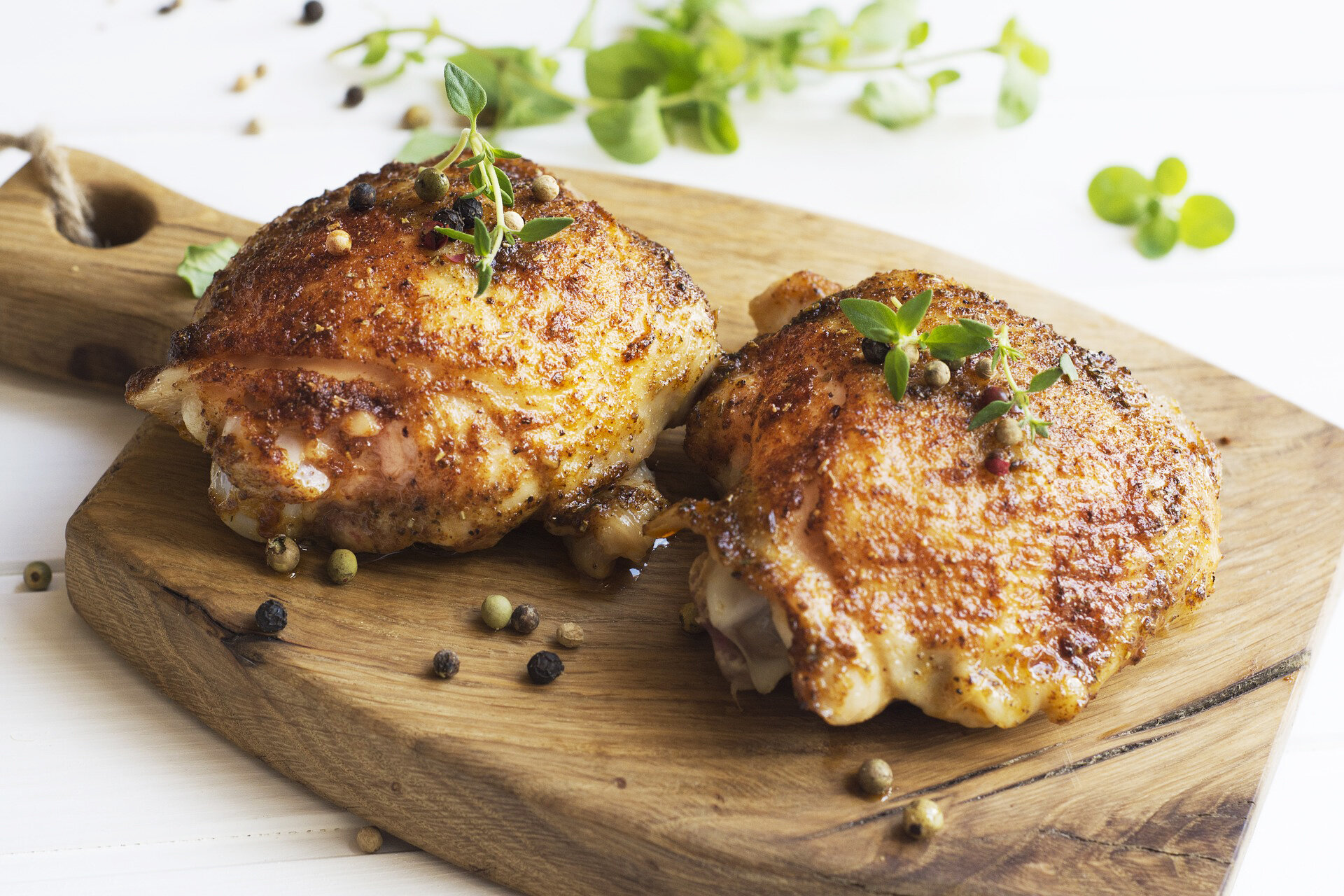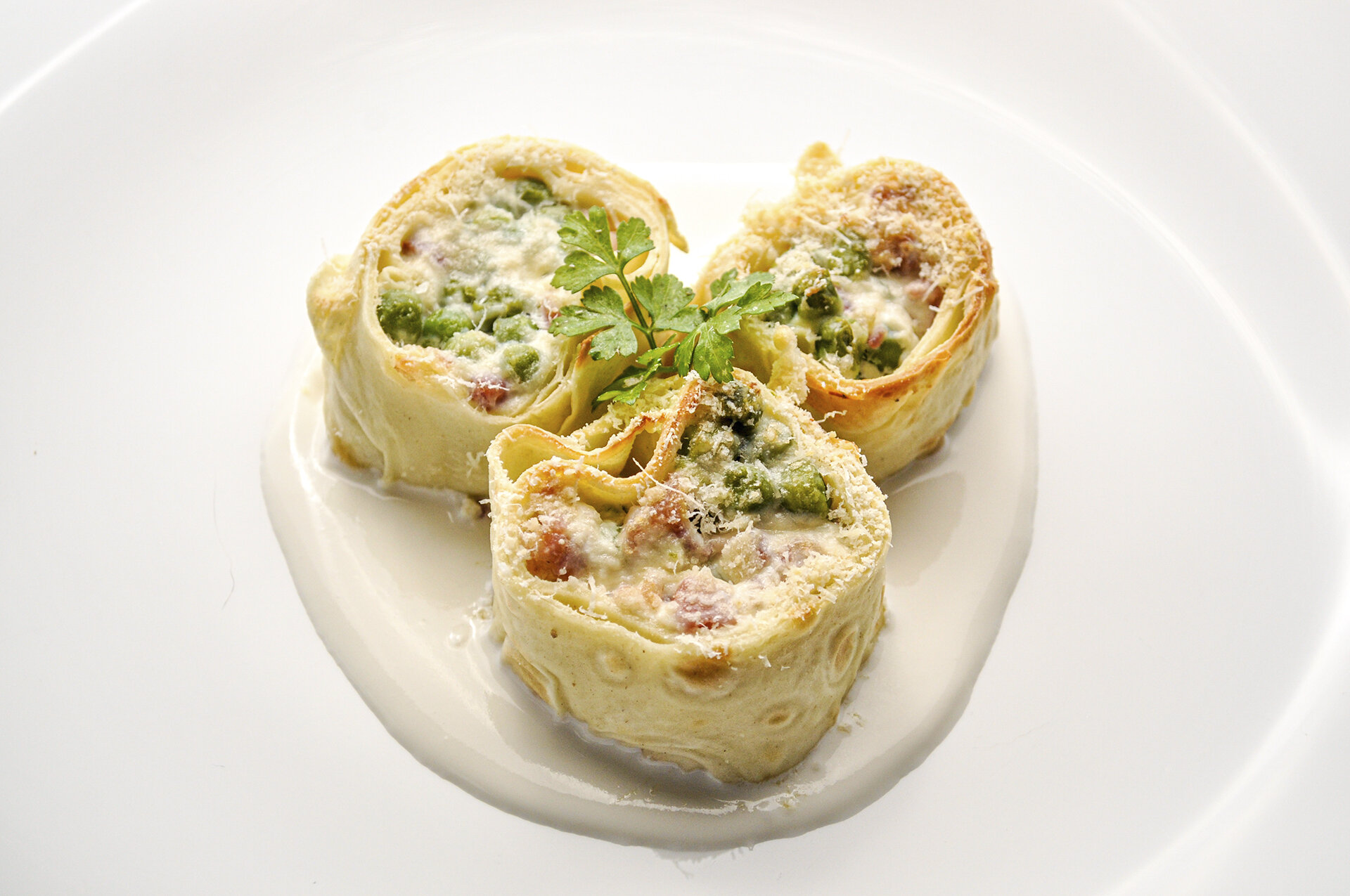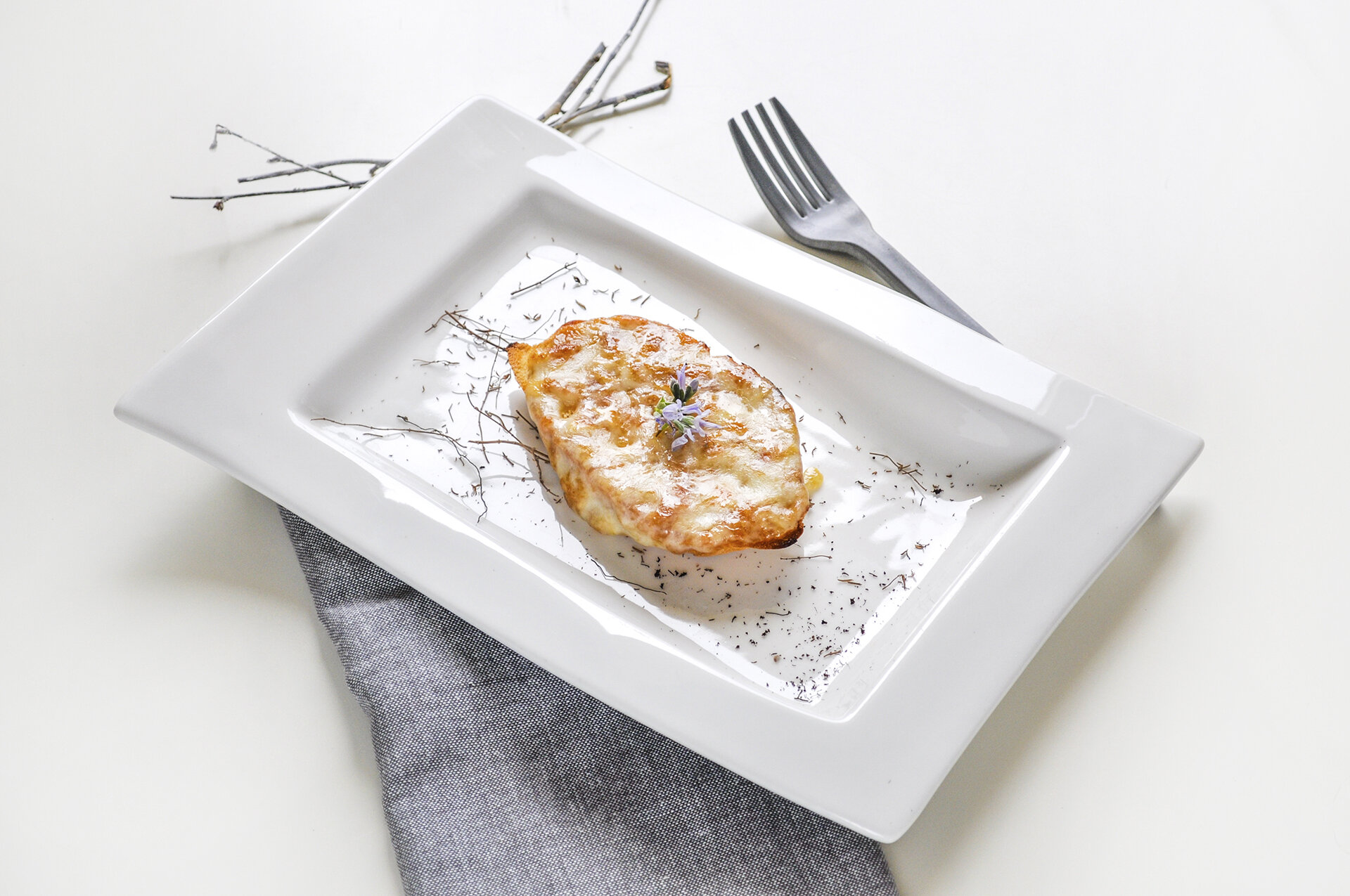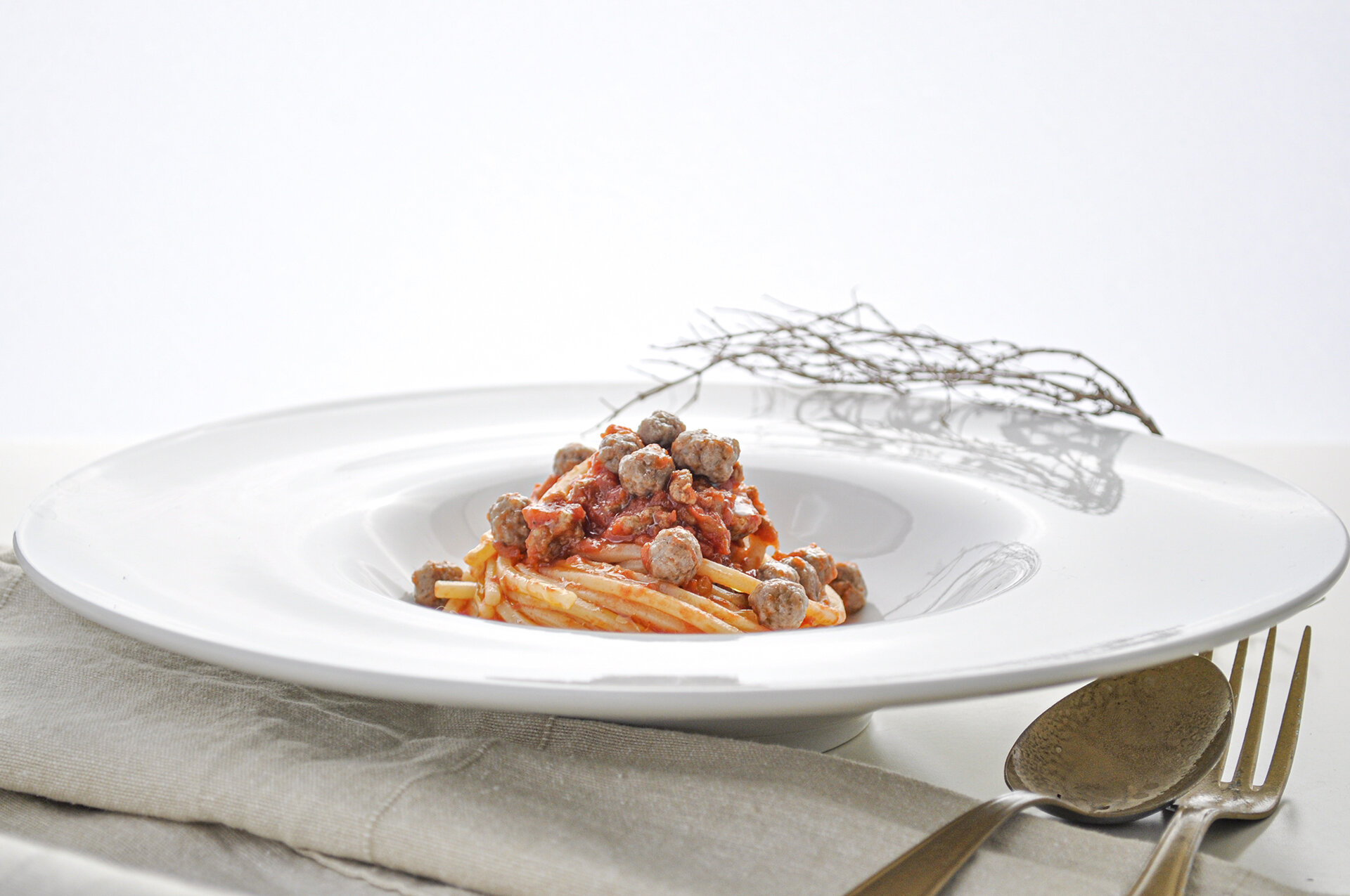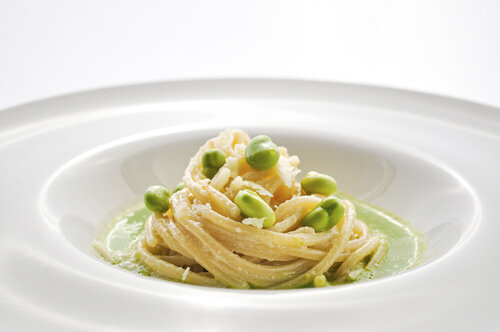Ciavolich
Background
The Ciavolich family traces their roots back to Bulgaria in the 1500s. A family of wool merchants by trade, they eventually left their homeland to escape the Saracen invasion. They settled in Miglianico in the province of Chieti around the year 1560. In 1853, they built their first wine cellar which still stands today as one of the ancient winemaking landmarks of the Abruzzo region. The cellar was built underground beneath Via Sud and connects to the barrel rooms under the palace. A wide cave on the Eastern wall of the winery was expanded during the Nazi occupation and reached under the convent of Suore di Sant'Anna. This tunnel was used during WWII as a bomb shelter until the family was finally forced from the estate in December 1943.
At the end of the war, the family returned to Miglianico. Life and winemaking eventually began again. In the 1960s the family inherited from Donna Ernestina the Loreto Aprutino estate in the province of Pescara. This 50-hectare estate held some of the most prime vineyard lands in the area and was eventually planted to Montepulciano, Trebbiano, and Cococciola.
Since 2004, the estate has been run by Chiara Ciavolich and her husband Gianluca. They have brought a modern approach with traditional philosophy to the viticulture and winemaking. Sustainable methods are employed both in the vineyards and throughout the entire winemaking process. Chiara seeks to elevate the traditional varieties of the zone through both a modern interpretation of the vines, and a more historically traditional technique in the Fosso Cancelli bottlings. The estate comprises 40ha of vineyards located in the 2 small towns of Loreto Aprutino and Pianella in the province of Pescara.
The Wine
FOSSO CANCELLI
MONTEPULCIANO D'ABRUZZO DOC
Fosso Cancelli Montepulciano reflects the ancient soul of the winery and the historical traditions of fermentation and aging in concrete. Fosso Cancelli is the name that was marked on an ancient stone post found at the corner of our vineyard that is home to our most venerable Montepulciano vines. This most ancient plot of vines on the Loreto Aprutino estate is displayed on the label and marks the strict bond with the territory. The best grapes are selected and then crushed in our ancient press after which the must is transferred in concrete tanks. The fermentation takes place spontaneously with indigenous yeast and is left uncontrolled. At the end of the fermentation, the decuvage (digging out and pressing the cap) is done, the new wine is left to rest for one year in concrete tanks. The wine then spends a further three years of refinement in the bottle.
Classification: Montepulciano D’Abruzzo DOC
Production Area: Loreto Aprutino
Grape Variety: Montepulciano 100%
Soil: Loam-Clay
Altitude: 250masl
Farming Method: Integrated Fight
Training Method: Pergola Abruzzese
Year of Implantation: 1980
Yield per Hectare: 12,000 kg per Ha
Harvest Period: End of October
FOSSO CANCELLI
PECORINO COLLINE PESCARESI IGP
Pecorino grapes selected from the vineyards of Pianella and Loreto Aprutino are crushed using a small crusher-de-stemmer and an old press. The must is then part of the must is transferred to terracotta amphorae and partly put in old French oak tonneaux. Fermentation takes place with the use of selected indigenous yeasts obtained from the vineyard sites. After seven to ten days the wine is racked and left to age on fine lees in 15hl Slavonian oak barrels and terracotta amphorae. The élevage lasts two years at which time the wine is racked and bottled unfined and unfiltered.
Classification: Colline Pescaresi IGP
Production Area: Pianella - Loreto Aprutino
Grape Variety: Pecorino 100%
Soil: Loam-Clay
Altitude: 250masl
Farming Method: Sustainable
Training Method: Pergola Abruzzese and Cordon - Double Guyot
Year of Implantation: 2000 and 2011
Yield per Hectare: 12,000 Kg per Ha
Harvest Period: August and September
FOSSO CANCELLI
CERASUOLO D'ABRUZZO DOP
The grapes for the Cerasuolo are hand-harvested and selected from the very ripest Montepulciano vines and then undergo a short maceration on the skins of 24-36 hours inside concrete tanks until spontaneous fermentation begins. Part of the fermenting must is then transferred to terracotta amphorae where the fermentation continues unchecked. The newly fermented juice is left in the amphorae on the fine lees until the following spring when it is bottled unfined and unfiltered like the great god of wine, Bacchus intended.
Classification: Cerasuolo d’Abruzzo DOC
Production Area: Loreto Aprutino
Grape Variety: Montepulciano 100%
Soil: Loam-Clay
Altitude: 250masl
Farming Method: Sustainable
Training Method: Pergola Abruzzese
Year of Implantation: 1985
Yield per Hectare: 12,000 kg per Ha
ANTRUM
MONTEPULCIANO D'ABRUZZO DOC
Antrum grapes come from the vines planted by Giuseppe Ciavolich in the 60s and 70s on the estate in Loreto Aprutino. After being selected and harvested by hand they are taken to the winery to be destemmed and crushed. The must, together with the skins, ferments in stainless steel vats under controlled temperature. Maceration takes place with intermittent racking and pump-over after which the cuvee is assembled and the young wine is transferred to used barriques and tonneaux for 24 months.
Classification: Montepulciano D’Abruzzo DOC
Production Area: Loreto Aprutino
Grape Variety: Montepulciano 100%
Soil: Loam-Clay
Altitude: 250masl
Farming Method: Sustainable
Training Method: Pergola Abruzzese
Year of Implantation: 1990
Yield per Hectare: 12,000 kg per Ha
Harvest Period: October
ARIES
PECORINO IGT COLLINE PESCARESI
The grapes for the Ciavolich Aries Pecorino come from a 1ha plot of pergola vines planted in 2000 on our estate in Pianella and from 1ha of cordon-double guyot vines in Loreto Aprutino planted in 2011. The grapes are hand-harvest as the first light of sunrise breaks the horizon and carried directly to the winery in small baskets. The freshly selected grapes are pressed softly and the must ferments under controlled temperature in stainless steel vats. When fermentation ends a selected lot is transferred to used French oak tonneaux for a short élevage of three months. The final cuvee is then assembled and bottled, resting further for 2 more months before release..
Classification: Colline Pescaresi IGP
Production Area: Pianella - Loreto Aprutino
Grape Variety: Pecorino 100%
Soil: Loam-Clay
Altitude: 250masl
Farming Method: Sustainable
Training Method: Pergola Abruzzese and Cordon - Double Guyot
Year of Implantation: 2000 and 2011
Yield per Hectare: 14,000 kg per Ha
Harvest Period: August - September
DIVUS
MONTEPULCIANO D'ABRUZZO DOP
Divus was introduced in 1987 and is born from the oldest vines on the estate in Loreto Aprutino. The grapes are all hand-harvested and selected and taken to the winery immediately after picking. Fermentation takes place in temperature controlled stainless steel vats with intermittent racking and pump over. The wine is then transferred to used tonneaux and barriques where it ages for a year and then refines in bottle from 8-12 months.
Classification: Montepulciano D’Abruzzo DOC
Production Area: Loreto Aprutino (PE)
Grape Variety: Montepulciano 100%
Soil: Loam-Clay
Altitude: 250masl
Farming method: Sustainable
Training Method: Tendone
Age of the vineyard: 40 years
Yield per hectare: 12,000 Kg per Ha
Harvest period: October
Alcohol: 14%
PAsserina Colline Pescaresi Igp
Passerina grapes are harvested from the youngest vines planted in a 1ha plot in Loreto Aprutino in 2011. These precious grapes are hand-picked and soft pressed followed by cold static decantation. The cleaned must then go through temperature-controlled fermentation in stainless steel vats, resting here on the lees for up to 4 months before bottling.
Classification: Montepulciano D’Abruzzo DOC
Production Area: Loreto Aprutino (PE)
Grape Variety: Passerina 100%
Soil: Clay / Calcareous
Altitude: 250masl
Farming method: Sustainable
Training Method: Tendone
Year of Implantation: 2011
Yield per hectare: 12,000 Kg per Ha
Harvest period: September
Alcohol: 12.5%

